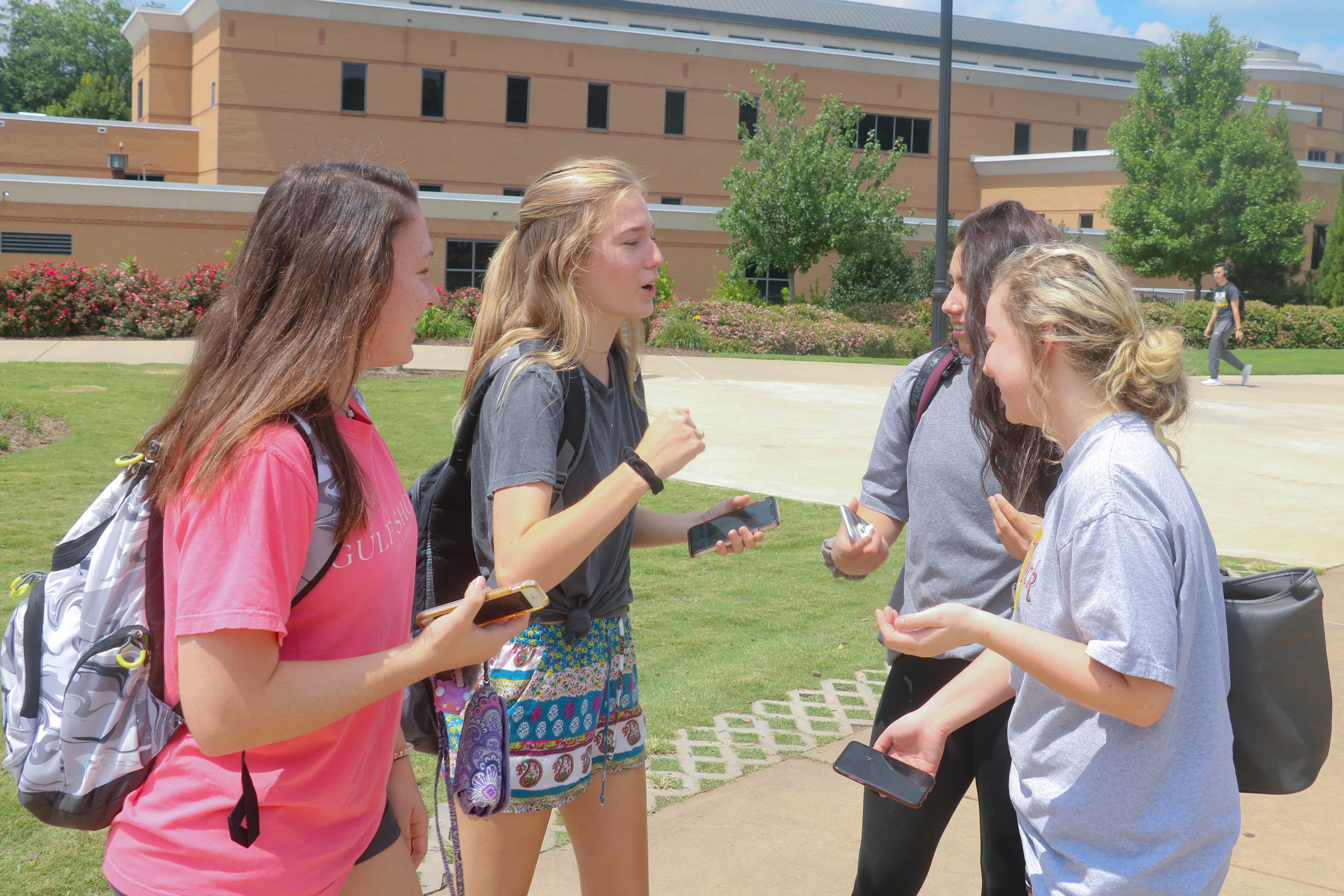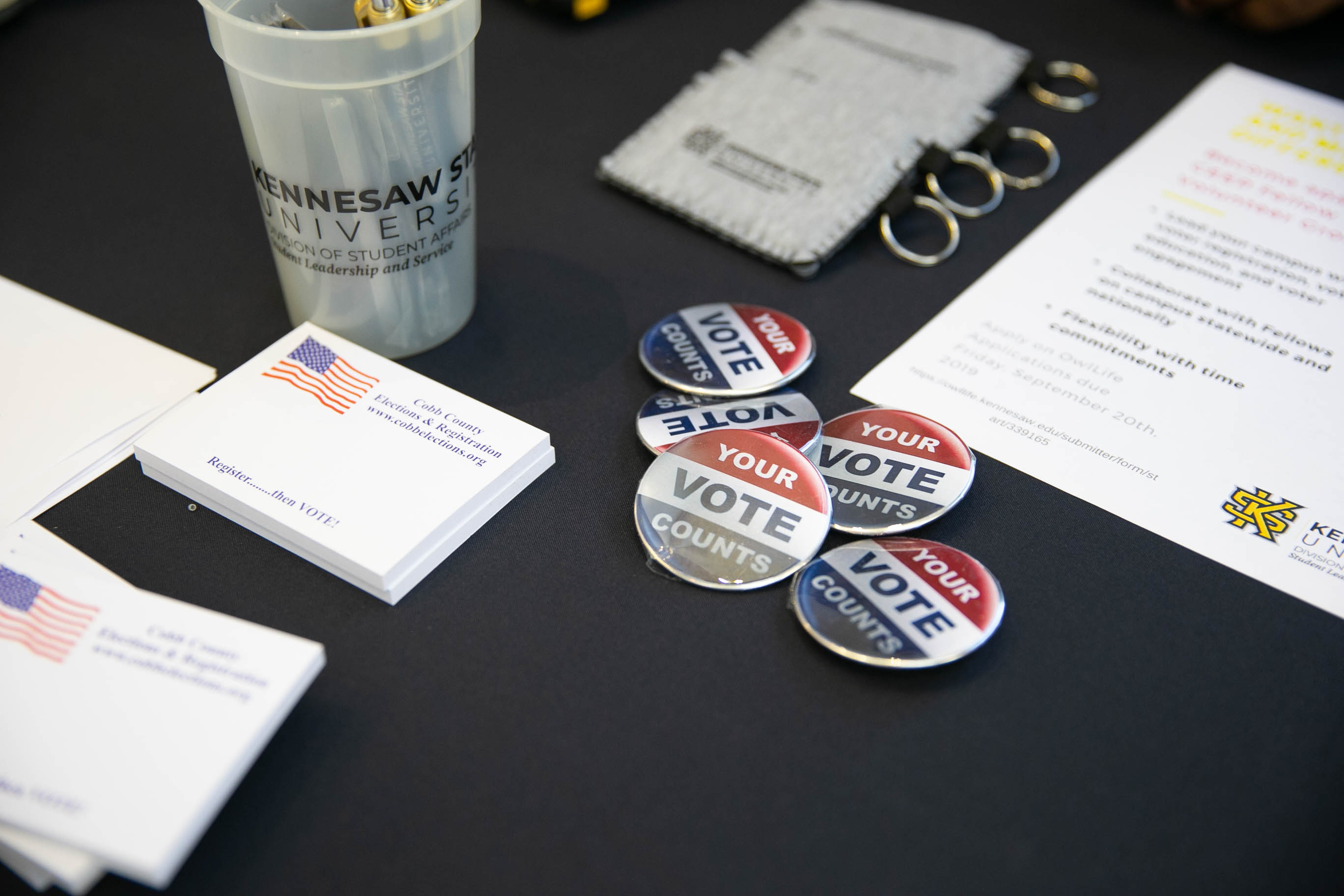Civil discourse should be a chief priority for Kennesaw State students who are willing to elevate themselves through knowledge.
Independent thought is essential to creative thinking, new ideas and unique perspectives on the opinions of our day. Without an education fostering such concepts, people, on the whole, will be subject to mass mediocrity.
Engaging in debates or discussions can happen through writings, arranging meetings, listening to debates, podcasts, reading books and more. There is a tremendous amount of tools available for both introverts and extroverts to use in order to engage in civil discussions.
As John Stuart Mill stated in his book “On Liberty,” “the general or prevailing opinion in any subject is rarely or never the whole truth; it is only by the collision of adverse opinions that the remainder of the truth has any chance of being supplied.”
However, engaging in such an idea has its risks especially on controversial topics. Too often do people wish to avoid, ignore or silence opposing beliefs and perspectives.
This is something we now deal with on a daily basis as the political climate worsens and social divisions among citizens deepen. We are left with ourselves tucked away in our dark filtered corners from these enlightening, and often difficult, yet rewarding, conversations.
The Association of American Colleges and Universities published an important report called A Crucible Moment: College Learning and Democracy’s Future. This report outlines the crucial role colleges and universities have to help educate students on civil discourse.
When we are not taught how to respectfully contradict, take contradictions and respect other peoples’ thoughts, the very foundation of our education becomes terribly flawed.
Not only is this a terrible flaw that needs to be addressed in the education of an individual, but the effects of this flaw on others is tremendous.
Andrea Leskes published an article called A Plea for Civil Discourse: Needed, the Academy’s Leadership published in the AACU that outlines the challenges civic learning has and how the priority to promote this should not be limited to students.
“A world-class academic community depends on an open society to thrive; it also models an ideal culture of discourse,” Leskes states. “Questioning and argument, weighing evidence and analyzing alternative interpretations — such values are at the core of teaching and scholarship.”
Every lesson and discussion of ideas carries with it profound impacts on our entire community. Like a ripple effect from the source, it carries on across any given body of water.
Civil discourse must be at the foundation of undergraduate learning. It should not be limited to only social science majors. Instead, all majors and curriculums need to incorporate this concept since this is an issue that affects every basis of learning.


